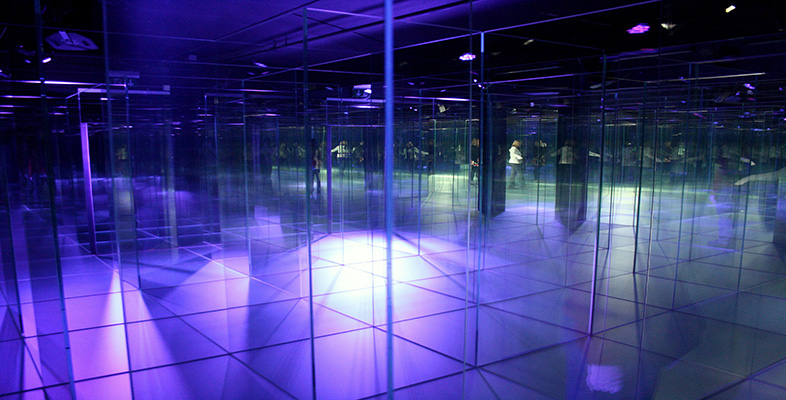17 Part 4 Making sense of your experiences of complexity
17.1 Part 4: 1 Revising your understanding
By now, it is probably apparent that those of us writing this unit are enthusiastic about the possibilities for systems thinking and complexity thinking. Our enthusiasm extends beyond just thinking, to applying systems thinking to a situation in the world that we experience as complex for the purpose of doing something about it. Our focus is on improving a situation experienced as problematical or on grasping some opportunity. It is the act of relating systems thinking to action in a given context that is the essence of systems practice.
Don Schön (1995, p. 29) has argued that ‘we should think about practice as a setting not only for the application of knowledge but for its generation… Perhaps there is an epistemology of practice that takes fuller account of the competence practitioners sometimes display in situations of uncertainty, complexity, uniqueness and conflict’.
Activity 52
Revising your understanding of managing complexity.
Look back at your Learning Journal and at the last iteration of your spray diagram that you started in Activity 2. Having now completed this unit, check how your appreciation has changed and add these notes, and the altered or new diagram, to your Learning Journal. List the new questions that you have, as well as any old questions that you have not found answers for. You could post them in the unit forum for others to comment on.
You may be familiar with the Magic Eye calendars and cards of images that computer generation and reproduction have made possible. On the front of one of mine (given to me by students following a Systems residential school) it is described as ‘a new way of looking at the world’. For me, these are a delightful metaphor for the epistemological change, the personal transformation that is required to become a systemic thinker and practitioner. My own experience is that personal space is required and a way of looking that focuses on the background, which ignores the apparent, readily available images. Then there is the possibility of the new images, and the new ways of seeing, emerging. This can be an ‘ah ha’ experience. Or it could be you are already a systems thinker. If so, I hope the unit has extended your interest and enthusiasm.
